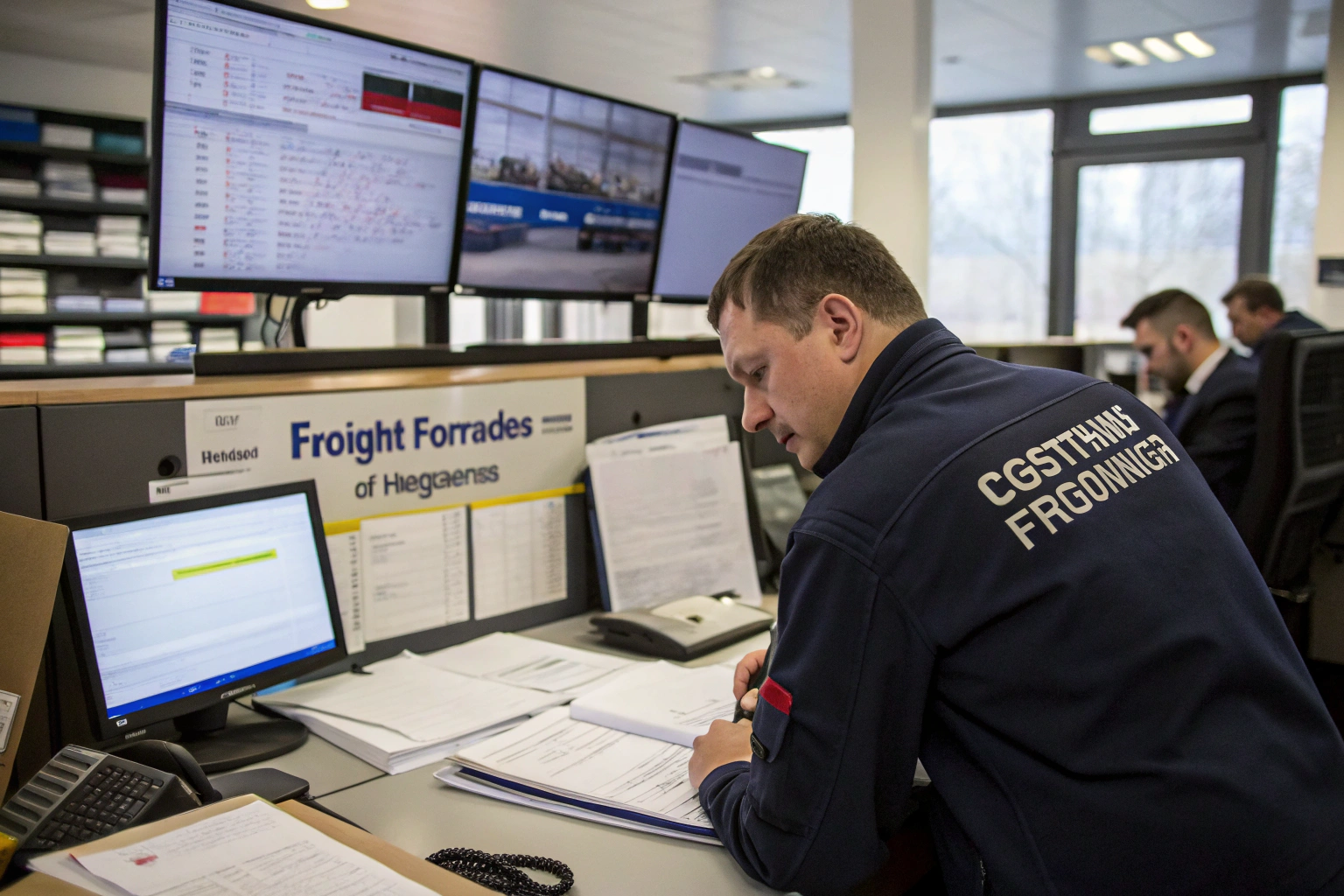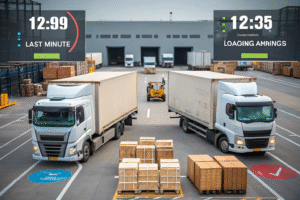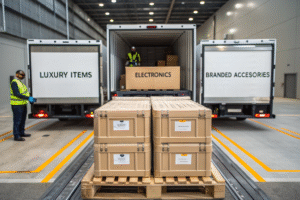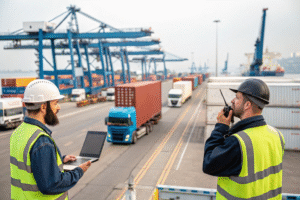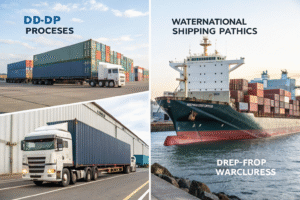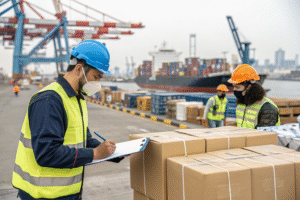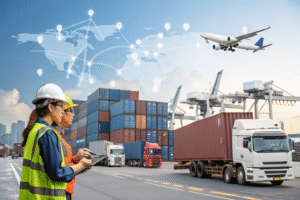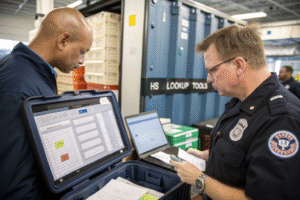For many importers, the scariest part of international shipping isn’t the ocean—it’s customs. Delays, penalties, and cargo holds can quickly ruin timelines and inflate costs. Ron, a U.S. importer working with Chinese factories, once told me: “I don’t care how fast the ship moves if my goods get stuck at customs.” That’s exactly why customs brokerage matters so much in freight forwarding.
Customs brokerage is essential in freight forwarding because it ensures legal, accurate, and timely import clearance by managing documentation, classification, compliance, and direct communication with customs authorities.
At GeeseCargo, we don’t just move containers—we move them through customs gates smoothly and confidently. Let’s unpack what that means and why it's critical for every international shipment.
What Does a Customs Broker Actually Do?
To many importers, a customs broker sounds like just another logistics contact. But in reality, they’re the gatekeepers between your cargo and your warehouse.
A customs broker prepares, reviews, and submits documentation to customs authorities, ensuring all import rules are met so goods are cleared without delay or penalty.
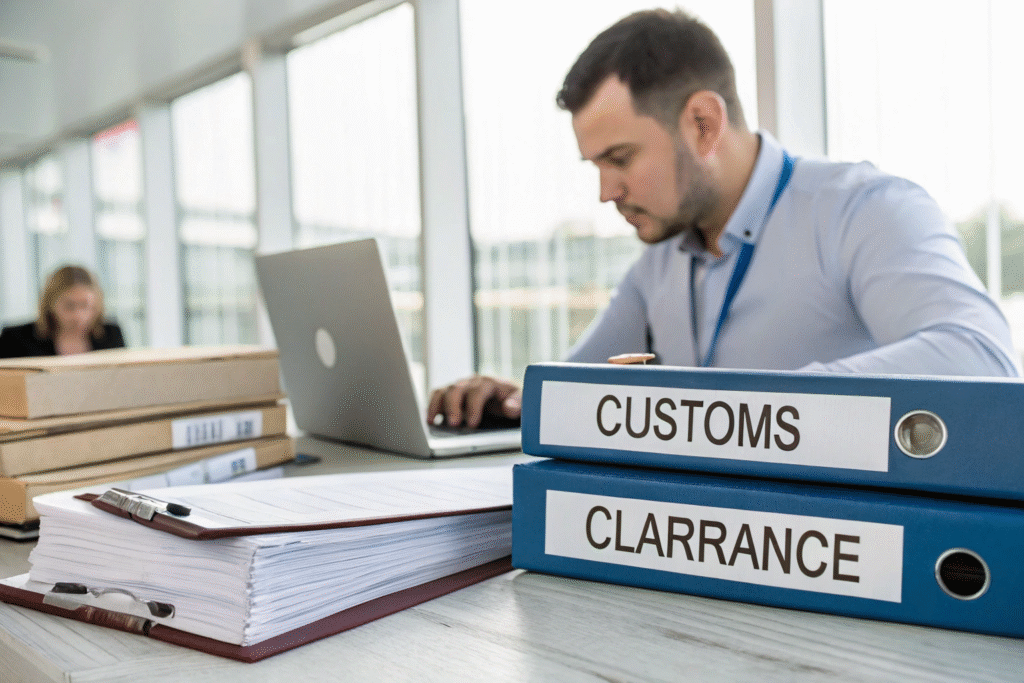
What Are the Key Tasks of a Customs Broker?
- HS code classification
- Import license checks
- Commercial invoice reviews
- Submission of customs entry forms
- Payment of duties and taxes on your behalf
At GeeseCargo, our brokerage team works hand-in-hand with forwarders and customs agents. For Ron’s shipments, we flag any document mismatch before it becomes a clearance issue.
Are Brokers Licensed?
Yes. In the U.S., customs brokers are licensed by CBP (Customs and Border Protection). This ensures legal expertise and allows them to submit entries electronically via the ACE system.
How Do Brokers Help Prevent Clearance Delays?
Customs delays are usually caused by paperwork problems. If your packing list doesn't match your invoice—or if your declared value seems suspicious—your container gets flagged. That's time and money lost.
Customs brokers prevent delays by ensuring that every required field is correctly filled, matching documentation across all parties, and submitting declarations before the cargo arrives.

What Can Go Wrong Without a Broker?
- Late filings leading to port storage fees
- HS code mismatches triggering inspections
- Overpayment due to incorrect classification
- Cargo rejection or seizure
We once took over a client from another forwarder who didn't use a licensed broker. Their shipment sat in LA for 12 days. We fixed the paperwork, refiled, and cleared it in 48 hours.
Can You DIY Without a Broker?
Technically yes—but it’s risky. Customs language is complex, and errors can lead to audits. Brokers protect you by knowing the rules and maintaining a legal trail of documentation.
How Does Brokerage Reduce Duty and Tax Errors?
Misclassified goods cost money. Overstated values increase duty payments. Incorrect origin declarations can void trade preferences. Brokers fix these issues before they hit customs screens.
Customs brokers lower your import costs by classifying goods accurately, applying the right duty codes, and ensuring declared values reflect real pricing within customs rules.

What Are the Financial Benefits?
- Avoid overpaying import taxes
- Qualify for lower tariffs under trade programs
- Eliminate fines for misstatements
- Faster clearance = less port storage
Ron’s accessory shipment was initially classified under a 12.5% duty bracket. Our broker reviewed the item and reclassified it—legally—under a 5.3% code, saving thousands in a single season.
How Does a Broker Know What Code to Use?
We use product descriptions, material details, usage categories, and prior customs rulings. We also reference global tariff databases and customs bulletins to make the right call.
Why Is Brokerage Integration Important in Freight Forwarding?
The best logistics operations are integrated. If your freight forwarder and customs broker operate in silos, miscommunication is inevitable. That’s why we combine the two.
Integrated customs brokerage within freight forwarding creates faster clearance, fewer errors, and real-time updates on customs status, reducing downtime and confusion.
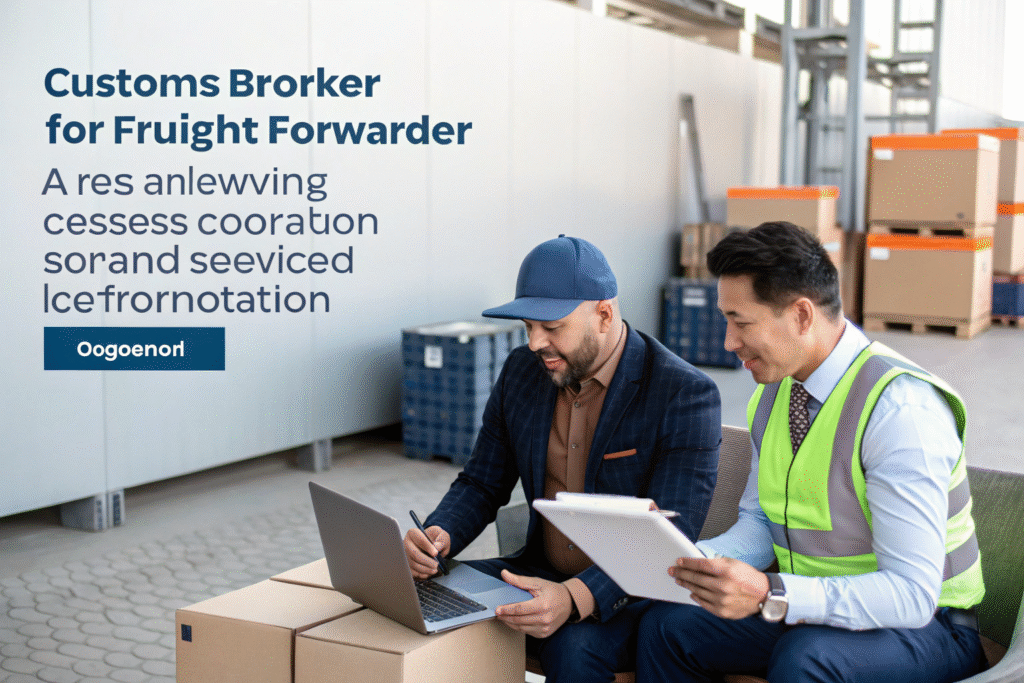
What Happens When Brokers and Forwarders Don’t Sync?
- Delayed document handoffs
- Misaligned HS codes between carrier and broker
- Last-minute customs surprises
- Increased inspection risk due to unclear declarations
GeeseCargo runs both sides—freight and customs—so we catch problems early. When Ron’s supplier changed materials mid-production, our team updated the customs codes before the container left China.
What If You Already Have a Broker?
That’s fine—we can coordinate with them. But having brokerage and forwarding under one roof streamlines communication, eliminates middlemen, and delivers faster issue resolution.
Conclusion
Customs brokerage is more than paperwork—it's protection. It’s the layer of oversight that ensures your cargo crosses borders smoothly, legally, and affordably. At GeeseCargo, we believe brokerage is a core part of freight forwarding. Because for every box that crosses a border, there’s a page of data behind it—and we make sure every page is right. Let's clear customs together, with confidence.
